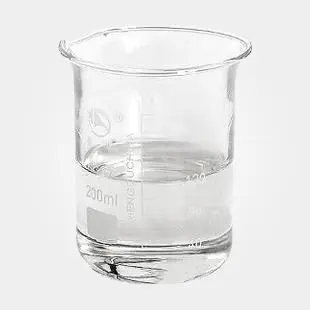Isopropanol is a common organic compound with various uses, including disinfectants, solvents, and chemical raw materials. It has a wide range of applications in industry and daily life. However, understanding the manufacturing process of isopropanol is of great significance for us to better understand its properties and applications. This article will provide a detailed introduction to the manufacturing process of isopropanol and its related issues.
Main body:
1.Synthesis method of isopropanol
Isopropanol is mainly produced by the hydration of propylene. Propylene hydration is the process of reacting propylene with water to produce isopropanol under the action of a catalyst. Catalysts play a crucial role in this process, as they can accelerate reaction rates and improve product selectivity. At present, commonly used catalysts include sulfuric acid, alkali metal oxides, and ion exchange resins.
2.Source of propylene
Propylene mainly comes from fossil fuels such as oil and natural gas. Therefore, the manufacturing process of isopropanol depends to some extent on fossil fuels. However, with the increasing awareness of environmental protection and the development of renewable energy, people are exploring new methods to produce propylene, such as through biological fermentation or chemical synthesis.
3.Manufacturing process flow
The manufacturing process of isopropanol mainly includes the following steps: propylene hydration, catalyst recovery, product separation, and refining. Propylene hydration occurs at a certain temperature and pressure, during which a catalyst is added to the mixture of propylene and water. After the reaction is completed, the catalyst needs to be recovered to reduce production costs. Product separation and refinement is the process of separating isopropanol from a reaction mixture and refining it to obtain a high-purity product.
Conclusion:
Isopropanol is an important organic compound with multiple uses. The manufacturing process mainly involves the hydration reaction of propylene, and the catalyst plays a key role in this process. However, there are still some issues with the type of catalyst used in the production of isopropanol and the source of propylene, such as environmental pollution and resource consumption. Therefore, we need to continue exploring new manufacturing processes and technologies to achieve green, efficient, and sustainable production of isopropanol.
Post time: Jan-22-2024





